

Element for water distiller
$3,200.00 Original price was: $3,200.00.$3,000.00Current price is: $3,000.00.
water distiller typically incorporates several key materials to ensure effective purification and separation of water. Glass is the primary material used for distillation flasks and condensers due to its thermal resistance, chemical inertness, and visibility, which allows easy monitoring of the distillation process. Stainless steel is often employed for heating elements and external components because of its durability and corrosion resistance, ensuring long-lasting performance under high temperatures. Copper is frequently used in condensers due to its excellent thermal conductivity, which enhances heat transfer efficiency during distillation. Teflon (PTFE) is utilized for seals and tubing, valued for its chemical resistance and high-temperature tolerance, ensuring leak-free connections. Silica is found in filters and membranes, helping to remove particulates and impurities from the water. Finally, activated carbon is often used in the final purification stage to adsorb contaminants, further enhancing the overall quality of the distilled water. Together, these elements contribute to the efficiency and effectiveness of laboratory water distillers in producing high-quality distilled water for various scientific applications.
Uses of Element for water distiller
- Glass:
- Used for distillation flasks and condensers due to its resistance to heat and chemical corrosion.
- Stainless Steel:
- Often used for the heating elements and containers because of its durability, resistance to corrosion, and ability to withstand high temperatures.
- Copper:
- Sometimes used in the condenser due to its excellent thermal conductivity, which helps improve heat transfer during the distillation process.
- Teflon (PTFE):
- Used for seals, gaskets, and tubing due to its chemical resistance and ability to withstand high temperatures.
- Silica:
- Utilized in certain types of filters or membranes within water distillation systems to aid in purification and remove particulates.
- Aluminum:
- Occasionally used in some distillation setups for components that require lightweight materials with good thermal conductivity.
- Carbon:
- Activated carbon may be used in the purification process to adsorb impurities and improve water quality.


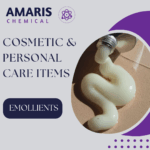 Emollients
Emollients Humectants
Humectants UV Filters
UV Filters Surfactants (cosmetic)
Surfactants (cosmetic) Preservatives (cosmetic)
Preservatives (cosmetic) Fragrances and Essential Oils
Fragrances and Essential Oils Antioxidants (cosmetics)
Antioxidants (cosmetics)
 Solvents (lab)
Solvents (lab) Chromatography Chemicals
Chromatography Chemicals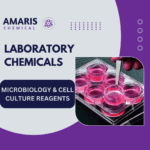 Microbiology and Cell Culture Reagents
Microbiology and Cell Culture Reagents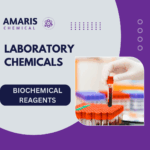 Biochemical Reagents
Biochemical Reagents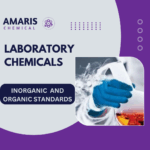 Inorganic and Organic Standards
Inorganic and Organic Standards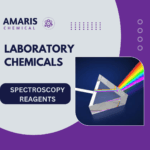 Spectroscopy Reagents
Spectroscopy Reagents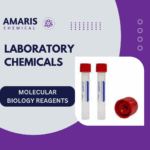 Molecular Biology Reagents
Molecular Biology Reagents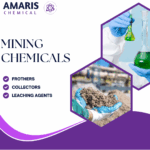
 Precious Metal Extraction Agents
Precious Metal Extraction Agents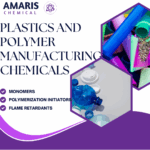
 Plasticizers
Plasticizers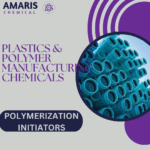 Polymerization Initiators
Polymerization Initiators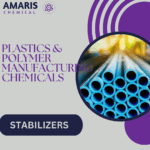 Stabilizers
Stabilizers Monomers
Monomers Fillers and Reinforcements
Fillers and Reinforcements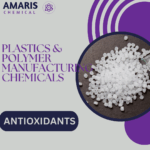 Antioxidants (plastics)
Antioxidants (plastics)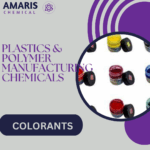 Colorants (plastic pigments,Dyes)
Colorants (plastic pigments,Dyes)
 Fertilizers
Fertilizers Plant Growth Regulators
Plant Growth Regulators Soil Conditioners
Soil Conditioners Animal Feed Additives
Animal Feed Additives Biostimulants
Biostimulants
 Dough Conditioners
Dough Conditioners Flour Treatments
Flour Treatments Fat Replacers
Fat Replacers Preservatives (baking)
Preservatives (baking)
 Surfactants (cleaning)
Surfactants (cleaning) Builders
Builders Bleaching Agents
Bleaching Agents Enzymes
Enzymes Solvents (cleaning)
Solvents (cleaning) Fragrances
Fragrances Disinfectant
Disinfectant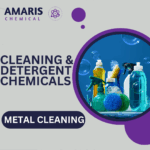 Metal cleaning
Metal cleaning
 Binders/Resins
Binders/Resins Pigments
Pigments Solvents (paint)
Solvents (paint) Additives
Additives Driers
Driers Anti-Corrosion Agents
Anti-Corrosion Agents Specialty Coatings
Specialty Coatings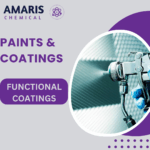 Functional Coatings
Functional Coatings Application-Specific Coatings
Application-Specific Coatings
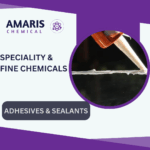 Sealants and Adhesives
Sealants and Adhesives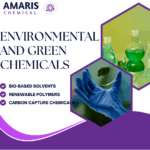
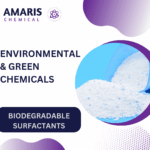 Biodegradable Surfactants
Biodegradable Surfactants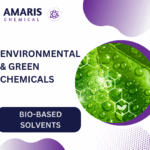 Bio-based Solvents
Bio-based Solvents Renewable Polymers
Renewable Polymers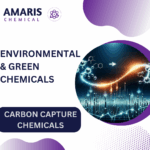 Carbon Capture Chemicals
Carbon Capture Chemicals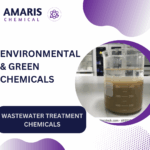 Wastewater Treatment Chemicals
Wastewater Treatment Chemicals
 Preservatives (food)
Preservatives (food) Flavor Enhancers
Flavor Enhancers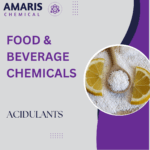 Acidulants
Acidulants Sweeteners
Sweeteners Emulsifiers
Emulsifiers Antioxidants (food)
Antioxidants (food) Colorants (food)
Colorants (food) Nutrient Supplements
Nutrient Supplements Nutraceutical Ingredients
Nutraceutical Ingredients
 Fresh Herbs
Fresh Herbs Whole Spices
Whole Spices Ground Spices
Ground Spices Spice Blends
Spice Blends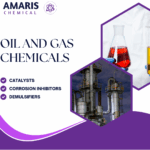
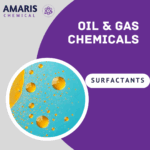 Surfactants(oil)
Surfactants(oil)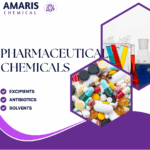
 Antibiotics
Antibiotics Active Pharmaceutical Ingredients
Active Pharmaceutical Ingredients Excipients
Excipients Vaccine Adjuvants
Vaccine Adjuvants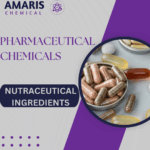 Nutraceutical Ingredients
Nutraceutical Ingredients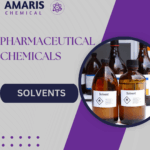 Solvents (pharmaceutical)
Solvents (pharmaceutical)
 Automotive chemicals
Automotive chemicals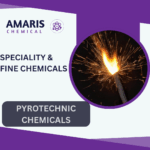 Pyrotechnic Chemicals
Pyrotechnic Chemicals
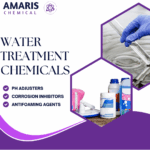

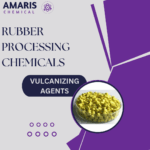 Vulcanizing Agents
Vulcanizing Agents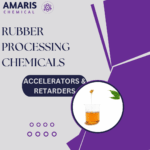 Accelerators & Retarders
Accelerators & Retarders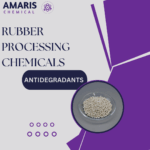 Antidegradants
Antidegradants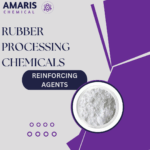 Reinforcing Agents
Reinforcing Agents Plasticizers & Softeners
Plasticizers & Softeners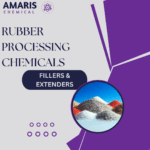 Fillers & Extenders
Fillers & Extenders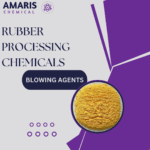 Blowing Agents
Blowing Agents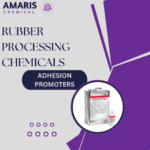 Adhesion Promoters
Adhesion Promoters
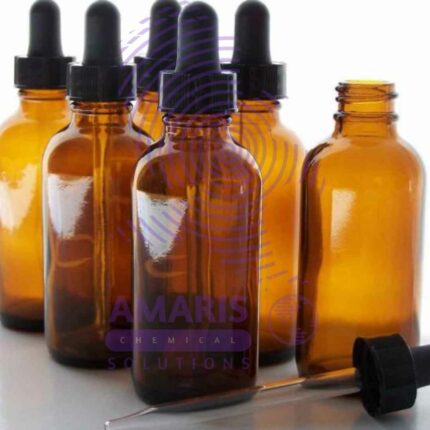
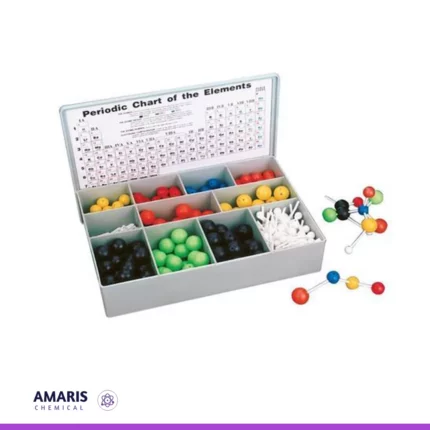

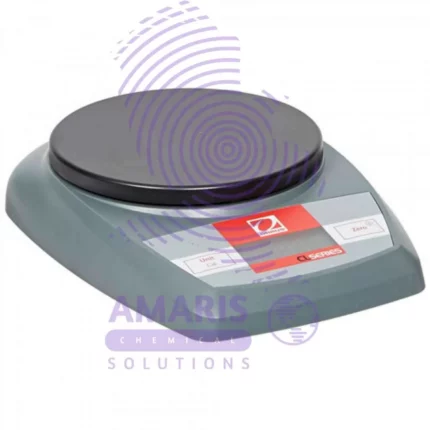
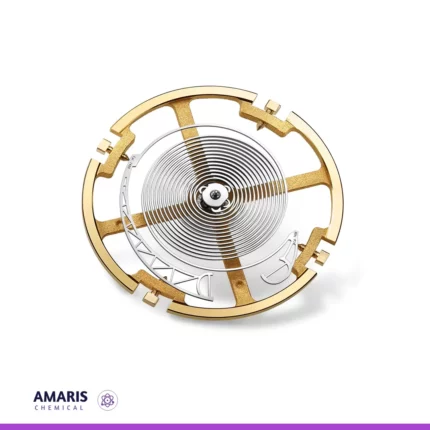
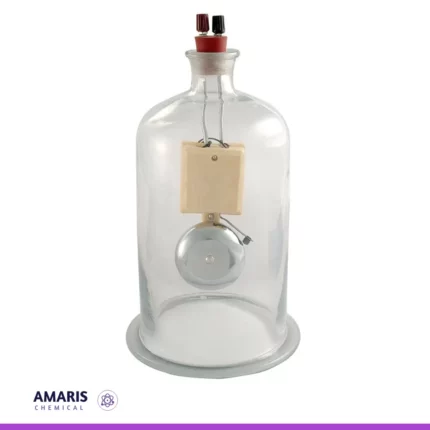
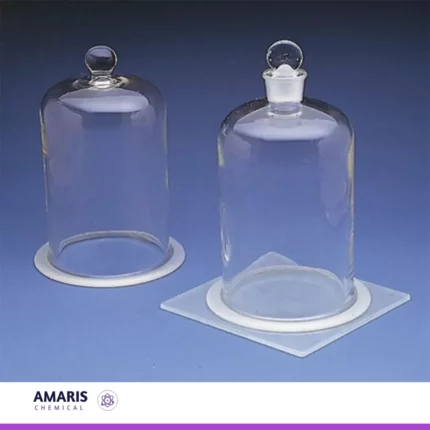













Reviews
There are no reviews yet.